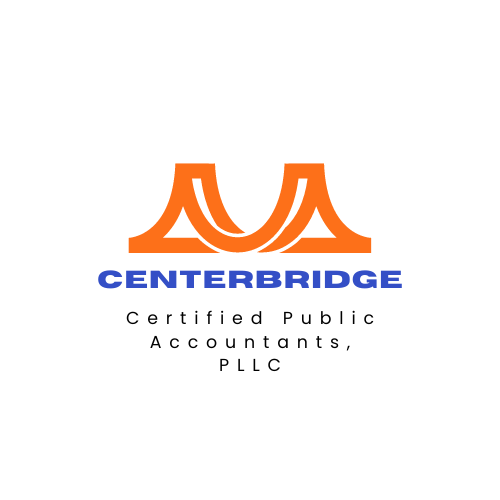Funding Requires A Plan
Writing a business plan intimidates many. However, it is necessary, mainly if you apply for a small business loan.
Why do you need a business plan?
A business plan will:
-Summarize your business.
-Provide lenders a financial blueprint for your business
-Demonstrate that you have a concrete plan for your money. What your budget will be and where your money will go.
-Gives a flow chart of all aspects of your business from marketing to accounting so that all your bases are covered.
-Defines your target market and your marketing plan. Documents your goals and your plans to attain them.
How do you begin writing a business plan?
The first step to writing your business plan is to prepare it professionally. Make it look as professional and organized as possible. Here is an essential list of what your business plan will need to contain:
1. Page one is your executive summary. This is a page-long description of your business. It is common to write this summary after writing the rest of your plan.
2. What is your business description?
3. Employee/Management plan. When many people start in business, they’re a one-person operation. That’s perfectly acceptable. Write down exactly what your job responsibilities will be. If you have employees, what are their job responsibilities?
4. Legal considerations. Here you will answer the following questions:
-What legal structure will you have for your business? Sole proprietorship, partnership, corporation, or Limited Liability Company?
-What type of business licenses do you need to operate your business legally?
-What are your insurance needs? Include insurance on physical buildings, errors and omissions insurance for consulting and coaching businesses, liability, homeowners, health, etc.
-How will you keep a record of your expenses for tax reporting?
-If you have financial statements, these will need to be included in your business plan as a potential lender will want to review them. Your financial statements will include your profit and loss statement as well as your predicted earnings.
5. Products/Services. Here is where you will plan your initial products or services offerings. For example, if you are opening a business as a bookkeeper, then how you will charge? How will you receive payment? Will you offer multiple services like bookkeeping, payroll services, and collections?
6. Operations. How is your business going to function? Do you need a computer? A website? What will your hours of operation be? What are your financial goals? What are your expenses? List each aspect of your business operations, goals, and needs, and then go into as much detail as possible.
7. Sales and marketing. Start this section by detailing your target market. Next, describe how you plan on reaching this person and selling your products or services. Who is your competition? Who is your target market? How are you going to market your business?
8. Budget. How much money are you starting with? What do you need to buy? A detailed budget is essential for success. Your potential lender will want to know what you’re using the money for.
Writing a business plan doesn’t need to be complicated; however, it needs to be professional, comprehensive, and detailed. The better your business plan, the better your chances of financing. Once your plan is written, many organizations, including your local Small Business Administration Office, will be happy to help you tweak your plan for optimal results.

Avoid The Critical Financial Mistakes Made By Real Estate Pros
Failing in the financial basics will doom your business. Get our free e-book "The Real Estate Pro's Guide to Financial Success" to see if you are set up for success.

